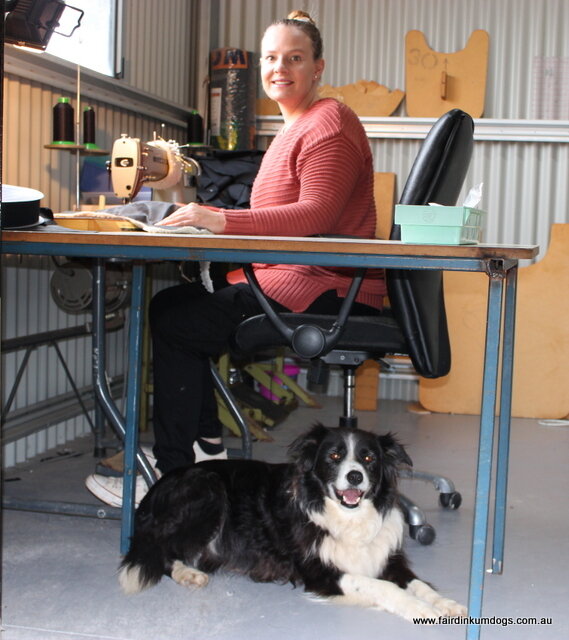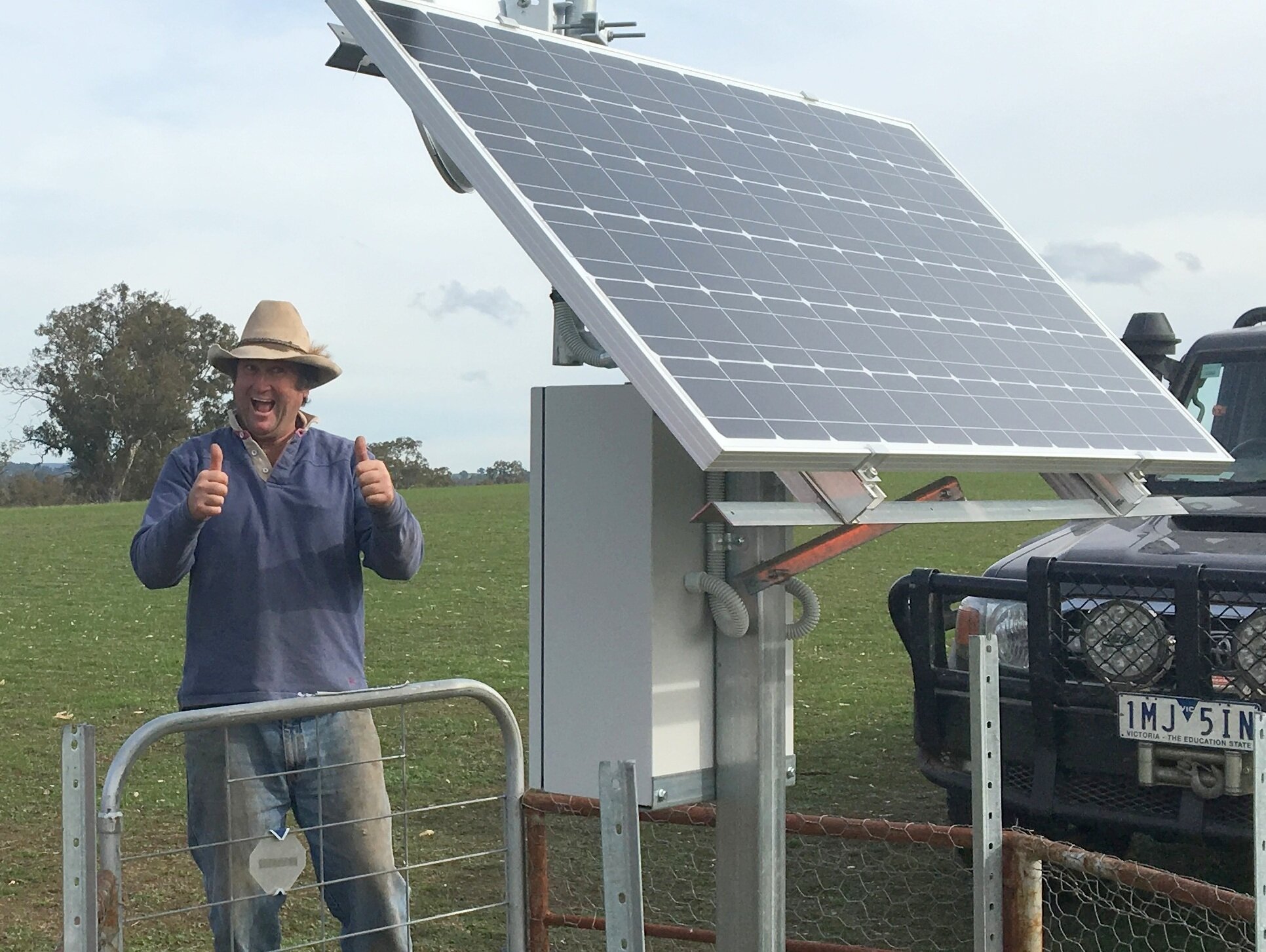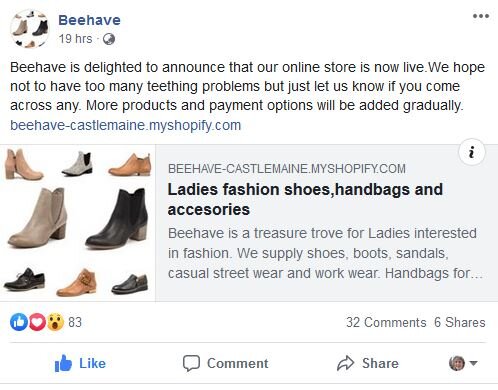Rural Support LGAs
COVID-19 has presented a unique opportunity for local government to effectively engage with their business community. This is one of those rare times, prompted by a global disaster, to throw out the position descriptions, roll up the sleeves and work side by side as we prepare for a government stimulated bubble to burst in September.
Within the first week of the restrictions being announced it was fantastic to see business leaders springing into action, sharing valuable information and ideas on how to navigate what, to many, has been their worst nightmare. Proactive councils have been visibly seen doing the same.
Whilst uncertainty has been a common denominator across all sectors during COVID-19, there is an important distinction to understand. Over 60 percent of business owners have lost a significant portion of their income. For some it has been a total loss and they have been forced to put off employees, often their close, personal friends. Even with their doors closed, multiple overheads force business owners to continue paying out ‘dead’ money.
Barely surviving on a narrow margin following drought and a long bush-fire threatened summer, COVID-19 will be the tipping point for many small businesses Australia wide.
For a variety of reasons, and not all COVID related, a good number of businesses will choose to close their doors permanently. They just won't have an appetite to continue. This is OK.
At reduced levels, many businesses have been able to continue operating the past few months. And, at the other end of the scale, there are businesses that are stretched to capacity frantically working to meet demand, train up new staff, and worrying about their supply chains. Some innovative business owners have been able to pivot their plant and equipment to tap into new markets and opportunities, their main obstacles being presented by supply chains and a myriad of compliance requirements.
Regardless of their situation, stress is a common denominator for all business owners and this it is only beginning.
Three in five businesses have registered for the Job Keeper program and a great number have also deferred loan repayments for six months. In short, we are currently surviving in a government stimulated bubble due to burst in September. With reduced consumer spending and disrupted supplier chains, it is doubtful that any certainty will return until 2021.
So how does Local Government fit in to this picture? I’ve been asked this question a few times over the past month and my initial answer when the crisis first hit was simple.
A ‘whole of community’ response is required and local government has a key role to play, especially with communication.
This is where Local Government can help, but sending out an email with links to State and Federal Government websites will ‘not cut it’ as one business owner told me. It needs to be more personal if we want our business community to rally and embrace a positive future.
How can Local Government assist when a crisis first strikes?
#1 Show businesses that you care
Make it personal. Pick up the phone. Do a walk around the central business district and talk through open doors. Ask how are you doing? Share their pain and concerns. Is there anything we can do to help? Let them know they are not forgotten. Share the task with business and community leaders if required. Engagement needs to be much broader than your existing mailing list.
While most of the business community usually ticks along on its own, this is one time where we need to reach out to all businesses.
#2 Assist with interpretation
Assist businesses to navigate through an uncertain landscape. Help interpret all that bureaucratic rhetoric that quite frankly makes every business owner want to curl up into the fetal position. Target the small businesses not covered by an industry body as they have the least support and limited resources.
#3 Share LOCAL information
Act as an information conduit sharing ideas on how local businesses are continuing to operate. Focus on some shining examples of adaptation and innovation to encourage others to follow suit. Real time and relevant information can help boost business to business activity and encourage everyone to be proactive.
Communicate to the local community through multiple channels what is happening with the local business community and alert them to opportunities of home deliveries, phone orders, gift vouchers, etc. Encourage locals with examples of how they can support businesses to get them through this difficult time. Everyone wants to help, and goodwill is rampant.
How can Local Government assist in the recovery process?
#1 Spend dollars locally
Yes, this one may hurt budgets, but it is a ‘no brainer’. Local Government need to demonstrate leadership before they can encourage the local community to do the same.
#2 Continue to show that you care
Do not assume business owners are OK. They may be presenting a cheery ‘business as usual’ face to save their pride and give an illusion of confidence to their customers, but simultaneously their finances may be haemorrhaging and the family home under threat.
Mental health will be an ongoing issue for months if not years. Local Governments can ensure that these services are publicised and made available discretely through various formats. Business to business networking should be a priority as owners will talk more freely with someone who shares similar issues. Obviously, it not a good move to label it ‘mental health’.
Keep up those ‘How are you doing?’ phone calls and walk by conversations. Ask how you can help. In the scale of their financial challenges, it may not be much but consider ways to offer relief in terms of council rates and fees.
#3 Build on change
Small businesses are being forced by COVID-19 to adapt and embrace technology. Some have used their down time to establish or consolidate an online selling platform and engage more proactively in social media marketing, although I suspect not terribly well because they lack the appropriate skills.
Collaboration and diversification are other areas that business owners have become more mindful of. We need to encourage this to continue before we start to slip back into old habits. Share the success stories and resist going back to ‘business as usual’. This includes Local Government!
Local Government can partner with and help facilitate networking events and workshops to help refine skills and improve on what businesses have commenced during the crisis. These type of learning and development offerings may not have been well attended pre COVID-19, but if Local Government ask what topics are of most interest to business owners and offer them outside business hours, I suspect there will be an increased uptake post COVID-19.
#4 Encourage the next wave
Fact. Some businesses will not recover. The impact on rural communities will be significant as even more shop fronts close and families move away. What can we do to showcase these empty spaces in a positive light? How can we encourage new innovative businesses to take their place albeit in different ways?
Fortunately, adversity is a great breeding ground for entrepreneurs. There will be high interest in learning what spaces and infrastructure are available for new businesses. They will be hungry for information and marketing opportunities.
Now is also the time for Local Governments to start planning how to attract newcomers by marketing their local community as a great place to live and do business.
While COVID-19 has been brutal for many businesses, it has also served as a valuable reminder that no-one can be complacent. We all need to be continually innovating and adapting to remain relevant and viable.
Kerry Anderson is available to talk with any interested Government agencies, business groups, and rural communities about how we can respond and recover using a 'whole of community' approach.




